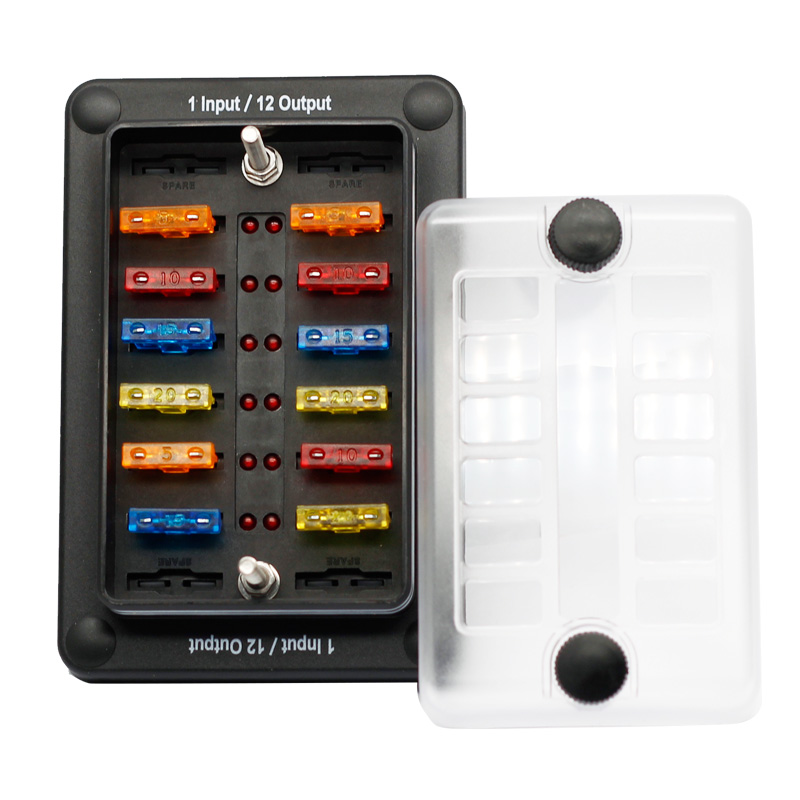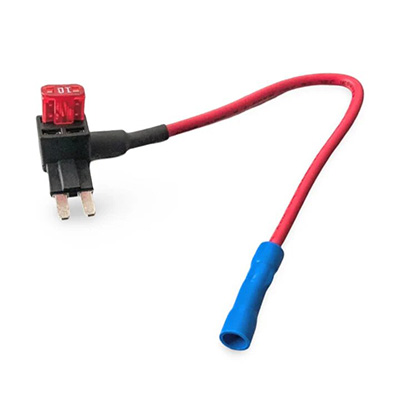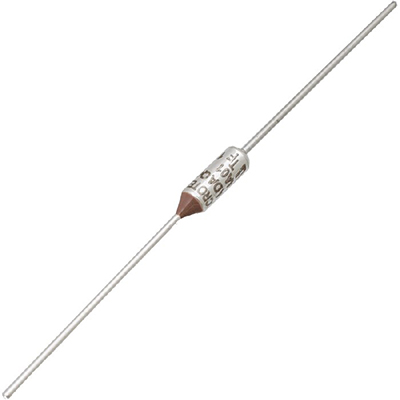Comprehensive Guide to Troubleshooting Car Fuse Holder No Power Issues
News 2025-10-20
Car fuse holders are critical components in automotive electrical systems, ensuring protection against overloads and short circuits. When a fuse holder experiences no power issues, it can lead to frustrating problems like non-functional lights, radio failures, or even engine start issues. This guide focuses on common scenarios in vehicles, such as older models or those with high electrical demands, where fuse holders might degrade. Understanding these problems helps maintain vehicle reliability and safety, highlighting the performance advantages of quick diagnosis in preventing further damage or costly repairs.

Identifying Common Causes
Power loss in a car fuse holder often stems from factors like corrosion, loose connections, or blown fuses. In high-moisture environments, corrosion builds up, reducing conductivity and performance. Over time, vibrations from driving can loosen terminals, leading to intermittent failures. Recognizing these causes early enhances the fuse holder’s longevity and efficiency, as proper maintenance ensures consistent electrical flow, which is vital for safety features like airbags and anti-lock brakes.
Step-by-Step Troubleshooting Process
Begin by inspecting the fuse holder visually for signs of damage, such as discoloration or melted plastic, using a multimeter to check for continuity. If no issues are apparent, test the power supply to the holder with a voltage tester while the ignition is on. Replace any blown fuses and clean contacts with electrical contact cleaner. For persistent problems, trace wiring back to the battery or fuse box to identify breaks or shorts. This methodical approach leverages the fuse holder’s design for easy access, improving diagnostic accuracy and restoring power efficiently.
Frequently Asked Questions
1. What causes a fuse holder to lose power suddenly?
Answer: Sudden power loss often results from a blown fuse, loose wiring, or corrosion, which can be triggered by electrical surges or environmental factors.
2. Can a faulty fuse holder damage other car components?
Answer: Yes, it can lead to overheating or short circuits, potentially damaging wiring or electronic modules if not addressed promptly.
3. How do I prevent future no power issues in fuse holders?
Answer: Regular inspections, using high-quality fuses, and ensuring secure connections can minimize risks and extend the lifespan of the fuse holder.

